An Ode to Host Mothers (Photo Essay)
Posted on
03/07/23
Author
Beth Eanelli
When I think of the moments of deep, embodied comfort, I think of sitting in smoky kitchens around the world, folding dough or stirring a pot, with the occasional hand of whoever I am shadowing gracing my own. It’s the comfort that I grew up with in an Italian-American family, where cooking and conversation are interlaced with the feeling of homecoming – which has transcended cultural boundaries that I never could have imagined. It’s the comfort that represents that power and beauty of the maternal energy which has been both the security blanket and the empowerment which has allowed me to travel to so many corners of the world.
When I first left the United States, I was a senior in high school, and I went to the Shetland Islands (off the coast of Scotland) for an exchange program for a bit over a month. I stayed at the home of one of my cohort-mates and her family. Her Mom hosted two of us- a young woman from Germany and myself. I remember so clearly drinking tea with milk with the family, going to feed the sheep on their farm, and eating meals that were different to me but made with the same type of maternal gumption which went into my own meals in our busy suburban home. That trip was intimidating to me and this experience allowed me to feel that home would be a bit more accessible, no matter where I landed.
After college, I left for two years to join the Peace Corps in The Gambia, where compound style living in often-polygamous families was the expectation and the reality for myself for a bit over two years. I had not just one host mother, but an entire extended family of women who took care of me in a way only a parent can. These women sent my host siblings with me to local markets to make sure I knew how to navigate the Senegalese borders and chaos that only a weekly luumo could bring, They knocked on my door when I hadn’t come out of my thatched hut in the early mornings, and sent bowls of food to me at the health centers during long maternal and child health working days. They waved off men who came to proposition me for marriage and welcomed my friends with open arms, always asking me what we should eat when guests came.
People asked me how I learned Mandika, the local language in the community which hosted me, and it was in the kitchens of my neighbors and the women in the community, in the backs of gele geles (local transport) where we traversed dusty roads. It was with the people in my seating vicinity making sure I got off where I needed to, and with the traditional birth attendants, who took me around the community with them to meet the women who would continue to take care of me along with their own babies. There were so many ways in which these women cared for me: with food and fresh, cooled, water from the clay jibida in various corners of various homes, with companionship in cars and on travel days, and advocacy when I needed it. It reminded me of the qualities of the women who raised me, and it was a type of feminine power and care that allowed me to feel so at home.
I will never forget when Hawa, one of my host mothers, plagued with intense morning sickness, grabbed a rake to quite literally fish my phone out of my pit latrine when I dropped it in there about 3 weeks after moving to my host community. There was the time I was walking the streets of a city in Rajasthan, India, and women came out of their homes to guide me in the other direction, letting me know subtly that I was in a part of town that wasn’t okay for me to be in as a foreigner. There was Danu, who guided me on a trek in Nepal, who insisted on throwing me onto a donkey to return to the nearest city when I got food poisoning on the trail. Punam Ji, a host of mine in Northern India, never sat down to eat until we finished because she insisted that the cook must always make sure the rotis to sop up her most perfect curries were hot and fresh. This is a principle I have held onto when I host others for dinner. I will never forget the care my own mother and grandmothers took for me during my time in The Gambia where they sent homemade granola across borders and sent recipe cards for things they knew I could acquire at a local shop.
Host Mothers have served and guided me in some of the most vulnerable points in my travels and I truly and honestly believe that there are lessons and wisdom in this life that I have gathered from being hosted around this beautiful world.
When I became an instructor and the focus of travel shifted from solely being a participant to facilitating an experience for my students, the role of the families and specifically, the mothers, who hosted us was never so apparent. In this industry, we so deeply rely on the care and attentiveness of mothers around the world to keep our students safe. To have an entire community of people as invested as you are in the care and experience of your student group is a gift and a massive privilege which has not been lost on me. I have had host mothers wake me in the middle of the night to come check on their sick host student, to let me know their student isn’t eating enough, or to accompany their student to and from where my team has been staying. This work wouldn’t be possible without the care and affection of the women around the world who care for our students.
This is an ode, a gratitude, to all of the people who take care of us around the world when we travel, live, work and play. Thank you for showing us the world and the lessons within it.
Lady Chief in Fiji
Andy, one of only 3 female chiefs in all of the Fiji islands, sits for a portrait just 2 years before her passing. While I didn’t interact much with Andy, she laid the foundation to allow our students to be hosted on her island. Over bowls of cava and freshly caught fish, she continued to welcome students for nearly a decade.
Ama La
Ama La is the respectful term for Mother in Ladakh in Northern India. I spent time there, moving from guest house to guest house, all the while being fed incredible and nourishing thalis and butter tea from Ama Las.
Host Mothers of Dingiri
The three host mothers of one of my good Peace Corps friends, who exist in a polygamous relationship and co-parent each other’s children in their compound. When my friend left the Peace Corps, I continued to visit this family and they always sent me home with a chicken on the handlebars of my bike to gift to my host family.
Musoo Keba – featured in the New York Times
The Musoo Keba (respectful term for older woman in Mandinka) of my friend’s community was a powerful and tough woman who took care of her family as the matriarch when her husband passed away. She spent most of her time inside, but stepped out so I could capture her power and beauty.
Subaakono Cooking
Food bowls are the way in which we eat in Gambian communities. My host aunt is here on her day to cook, serving up food for 80 people throughout all of the related compounds to ours. She always made sure I had a place to eat at a food bowl.
Laundry Day
My neighbor in my Gambian community, Fanta, with her pile of laundry from herself and all of her kiddos. She ran a shop right next to us and always invited me for food when I passed by the compound.
Marigold
On the streets of Delhi, a woman who I passed each day during my time there always smiled at me and presented me with a marigold. I brought her chai in return. On a day of intense monsoon, she invited me near her, gave me a piece of plastic to sit on and we shared stories and photos.
Jarrai Birth Attendant
Jarrai Dbasi is a person who will always be dear to me. When I arrived in Gambia, she brought me all over the community and neighboring communities with her, making sure that I knew everyone’s names. She was the traditional birth attendant of our communities. When my host mother Hawa had a stillbirth, she made sure that she was taken care of day after day and did this for all of the women in Nyakoi.
The Mother of Nyakoi’s Chief
In Gambian communities, we work with the elders and leaders of the local clans. This was the mother of the chief of my host community, who watched over the lineage of chiefdom in her family with grace and always sat in her shady living room, watching those who came to the compound to talk business with her son.
Garden with me
The garden of Nyakoi was the most perfect place of abundance and also the most perfect gathering of women. We spent mornings and evenings carrying water from the well to garden beds, nurturing the vegetables and sharing gossip and time together.
I use the terms “Mothers” and “Women” in this piece to represent my experiences with folks who identify this way. While I believe and understand that parents come in all forms and ways, this piece is meant as an ode to Women for International Women’s Day. I respect, value, honor, and see female-identifying and non-binary folks and believe that all people who identify in this way should be celebrated on this day.
Note: All photos featured were taken with permission and permission to share from each of these woman and I have shared this article with those who are able to access it.

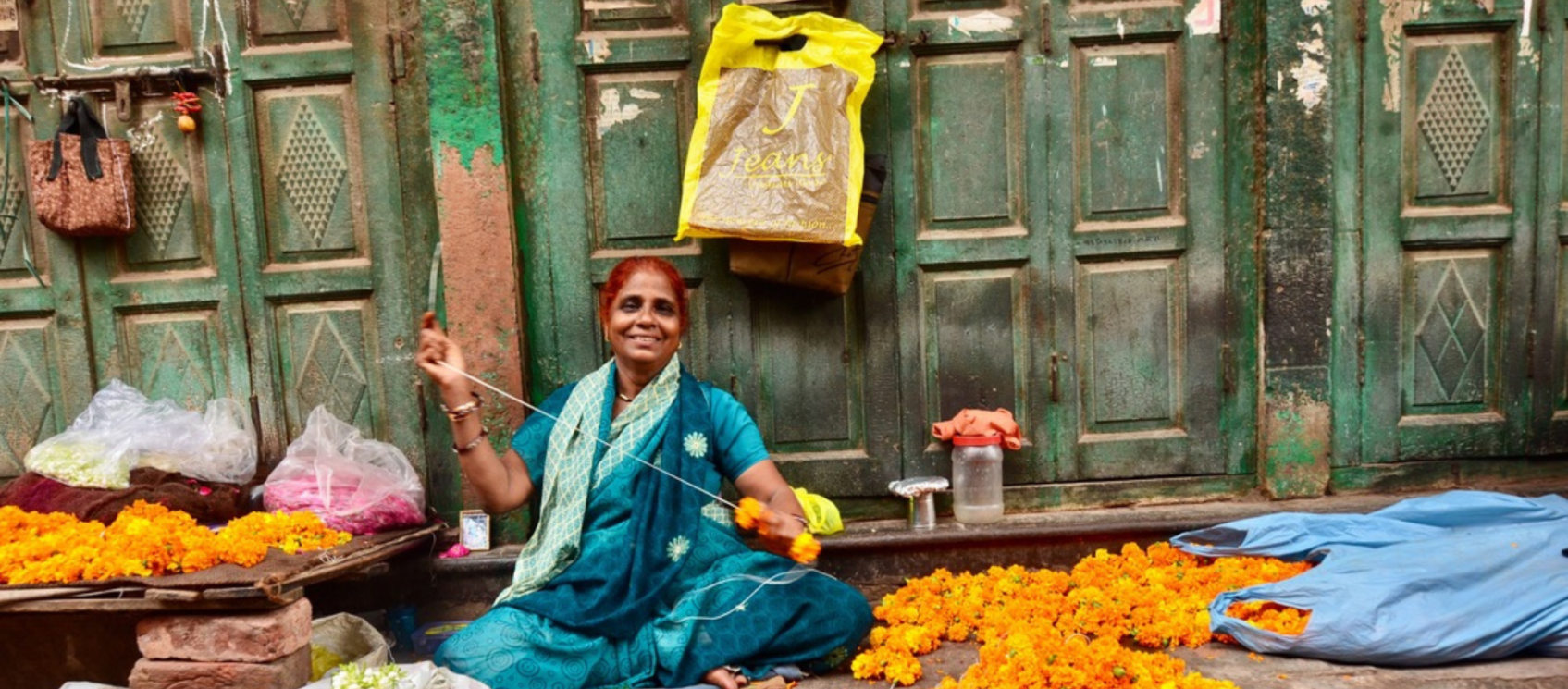
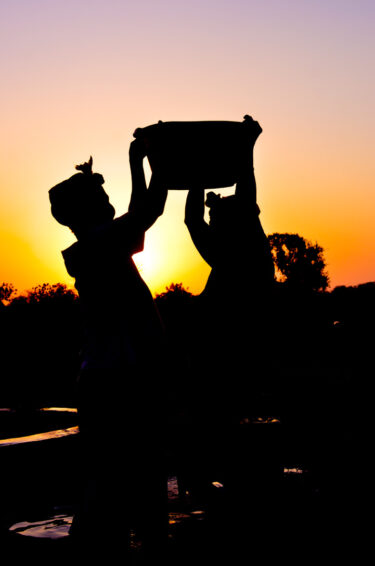
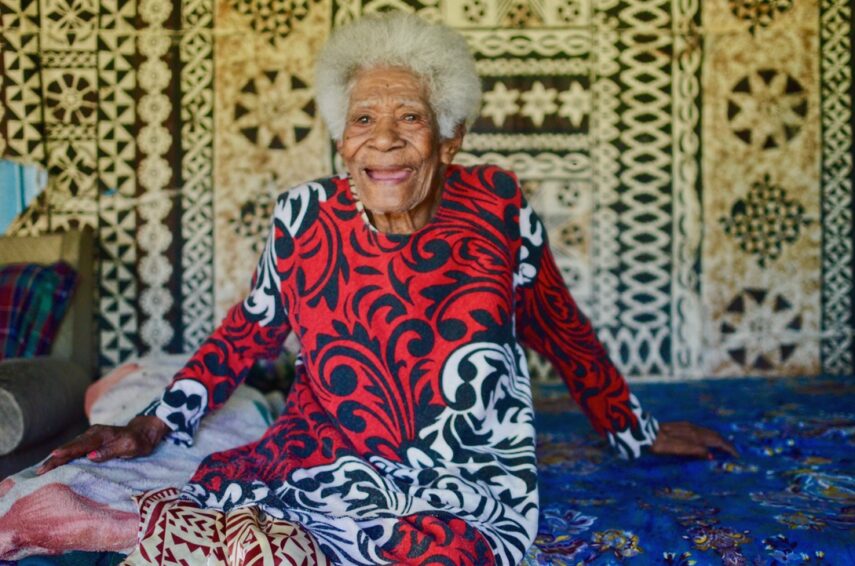
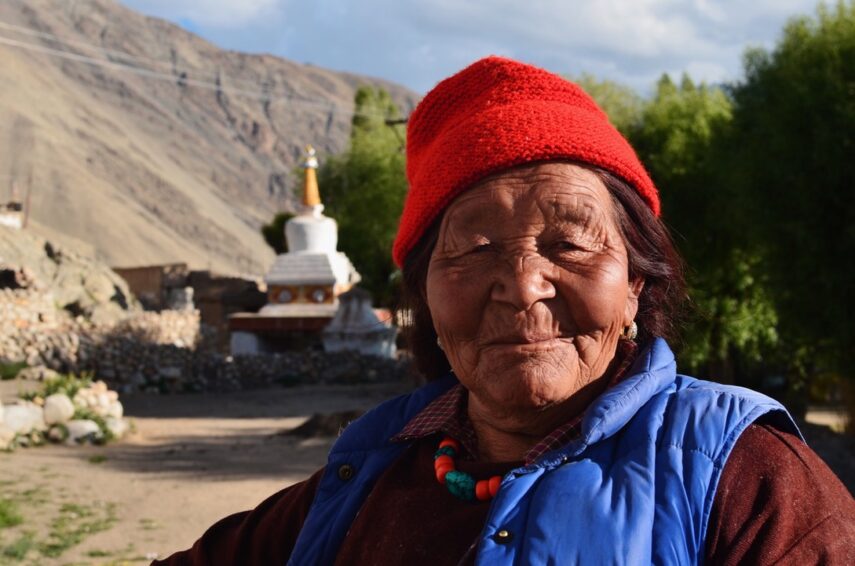
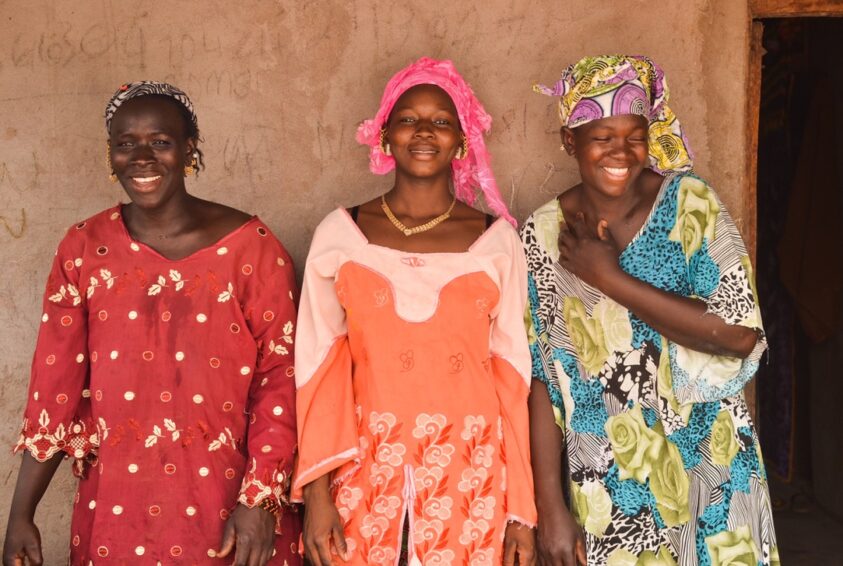
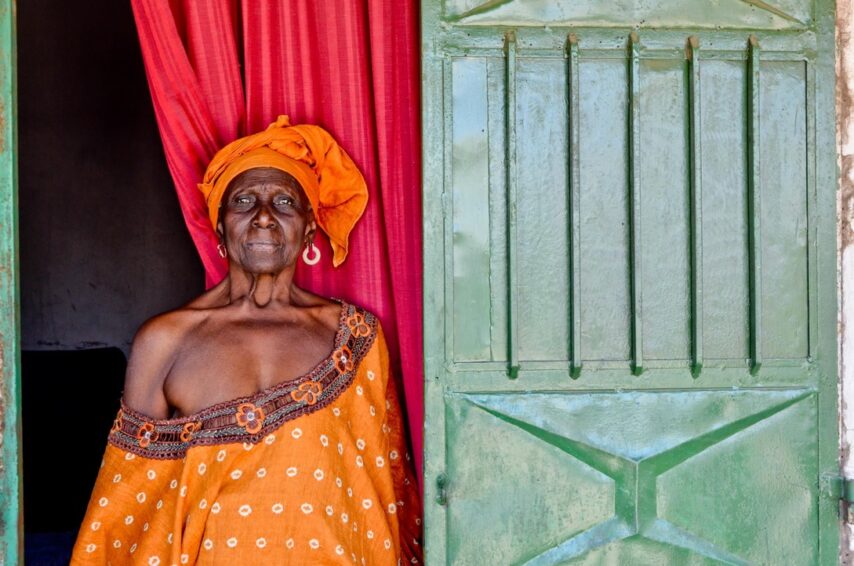
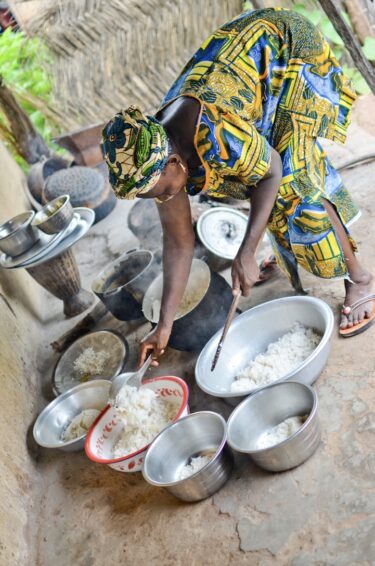
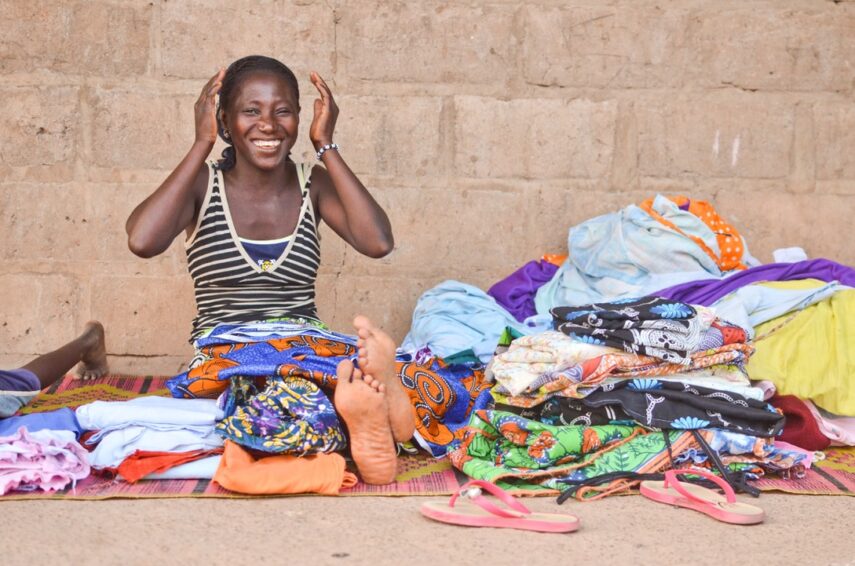
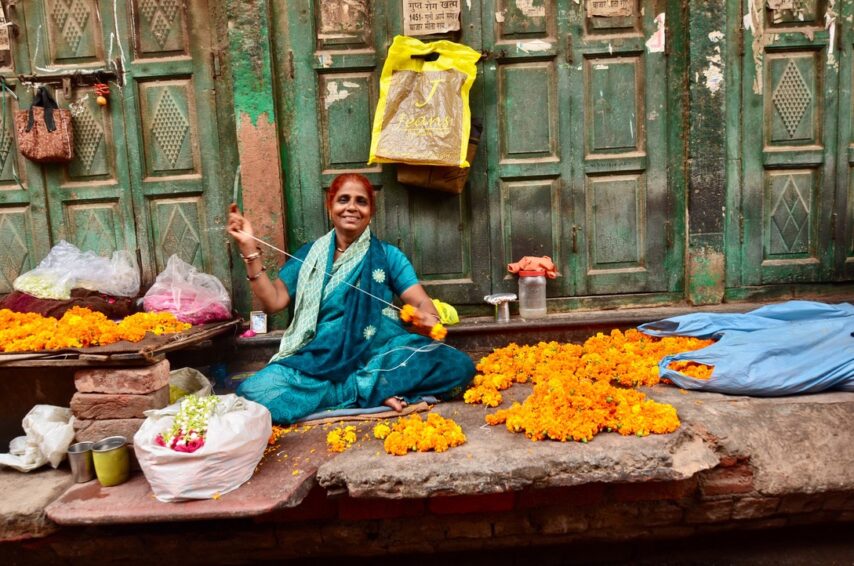
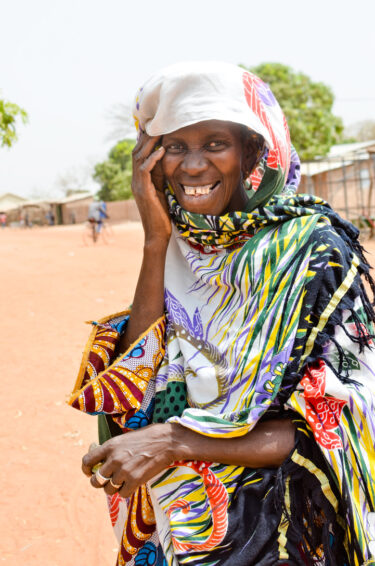
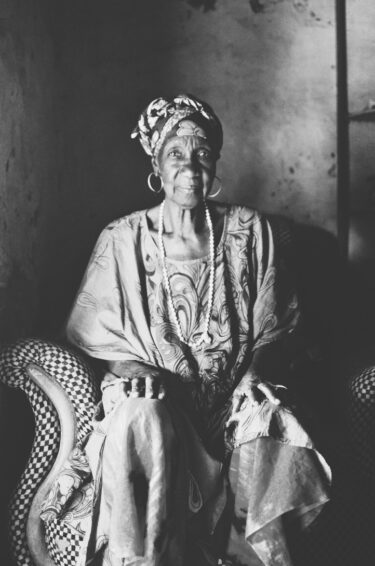
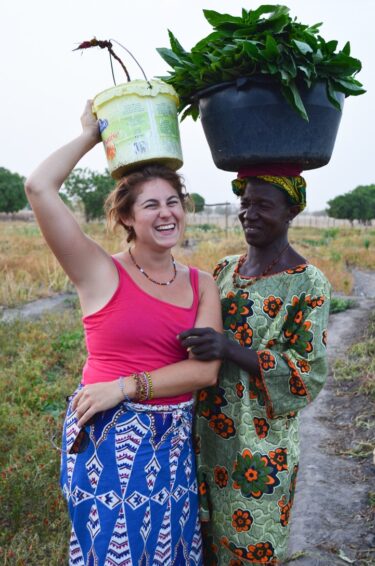
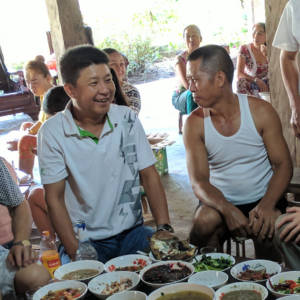
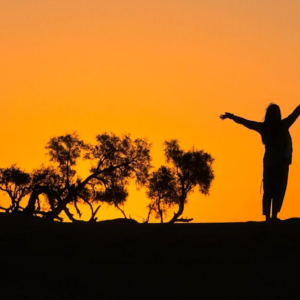
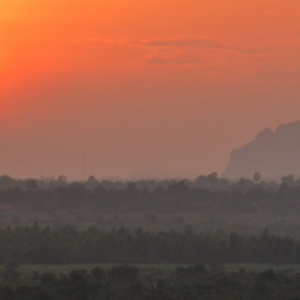
So beautifully written and reminded me so much of my time in Peace Corps in Cote d’Ivoire and Madagascar. Made me so homesick for West Africa! Thanks for sharing this thoughtful piece.
How you have captured this so so well!! I was a Peace Corps Volunteer in Senegal, just south of the Gambia from 1979-82 and also marveled at the circle of women who cared for me….to this day I continue my deep friendship with my appointed “mother” and caretaker, who taught me the local dialect, and made sure I didn’t ride my bike past sunset. Women are the backbone of Africa, and the world, let’s be honest! This ode to hard working, caring, women is so well deserved!